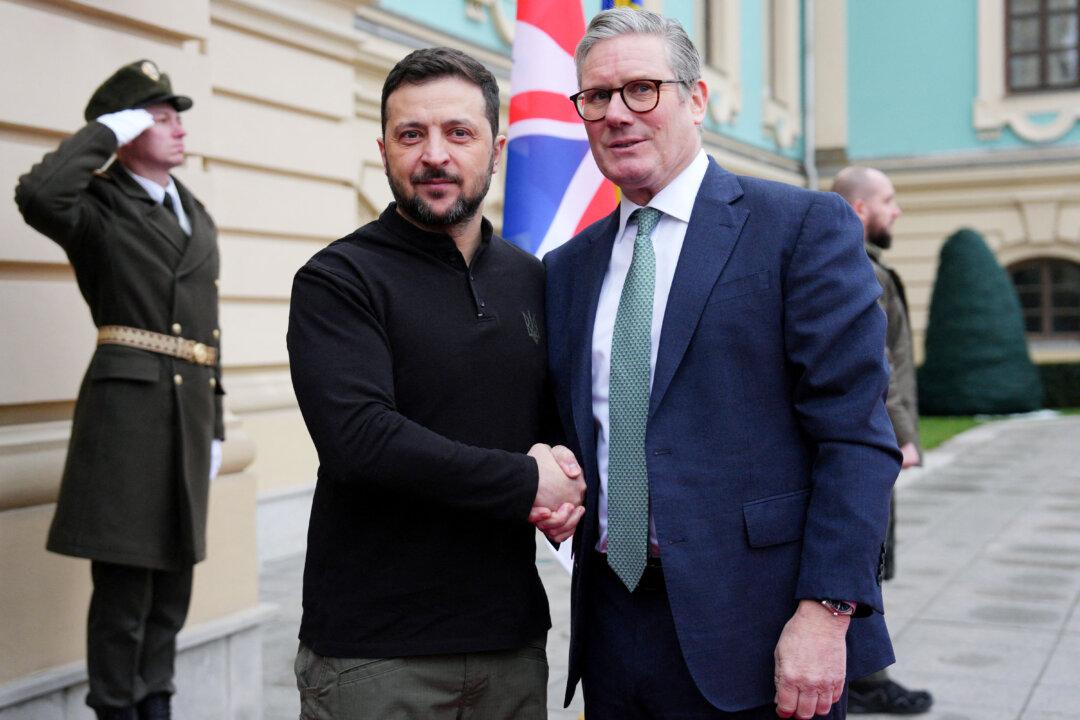European leaders have rallied to the defense of Ukrainian President Volodymyr Zelenskyy after he was criticized by U.S. President Donald Trump on Feb. 19.
In a Feb. 19 Truth Social post that was shared on his X and Instagram accounts, Trump called Zelenskyy a “dictator” who was doing a “terrible job” and had played his predecessor President Joe Biden “like a fiddle.”





